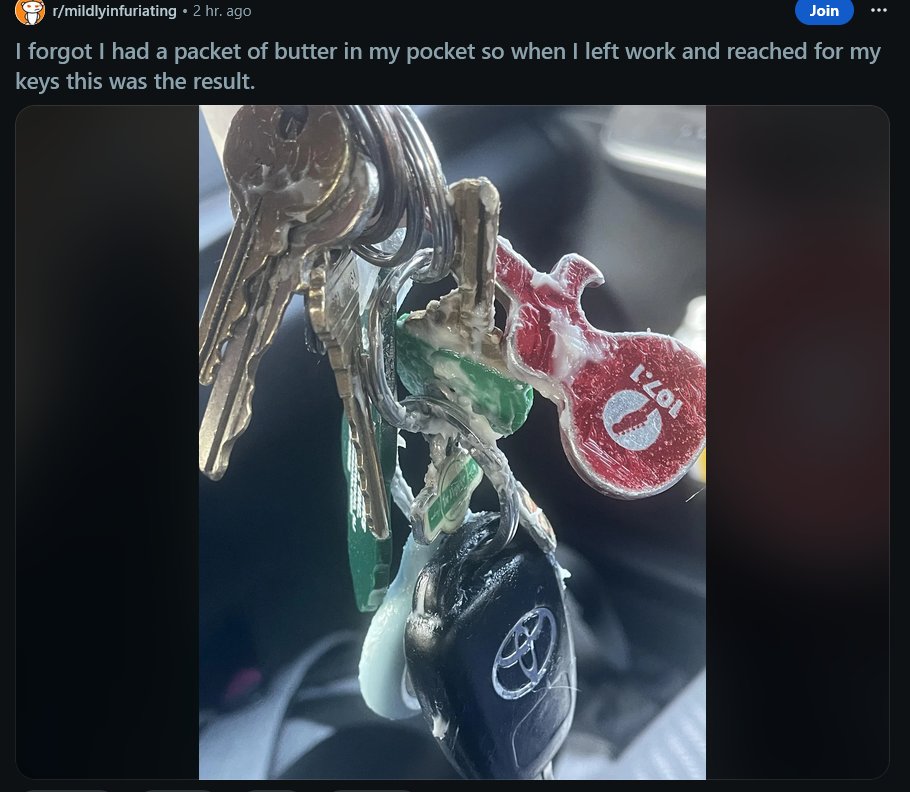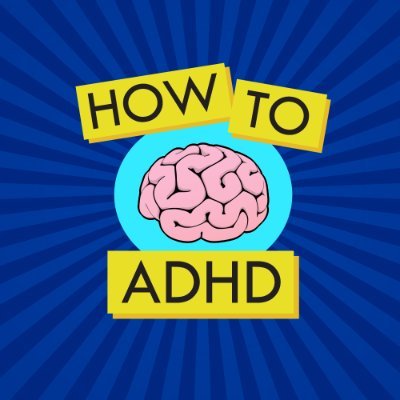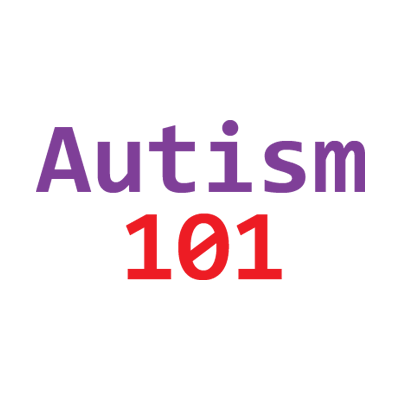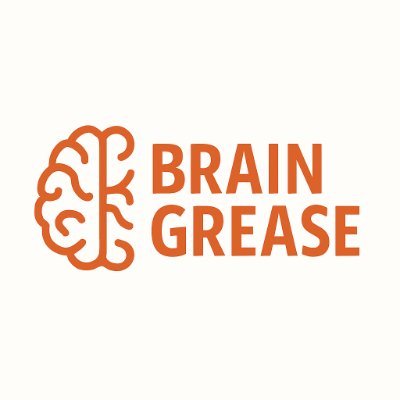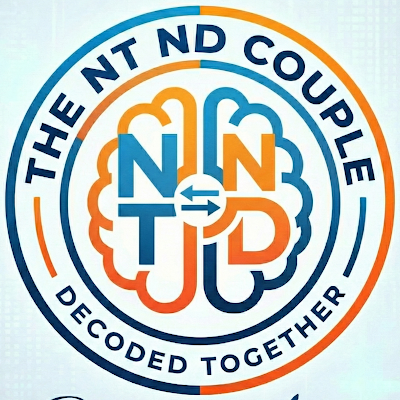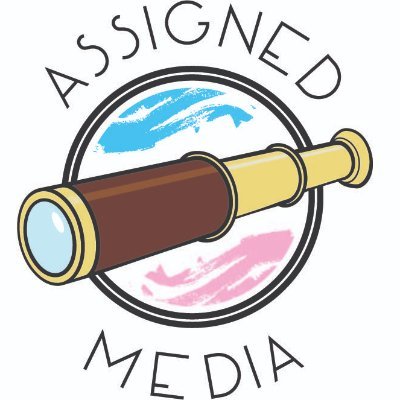
Structured Success
@StructuredSucc
ADHD Coach & Academic Strategist | Guiding ADHD, autistic, and neurodivergent clients through lived experience | they/her | #AuDHD | #ActuallyAutistic
おすすめツイート
Also on Bluesky, Threads, Mastodon, and sometimes Tumblr and Reddit too.
Autistic people sometimes communicate in different ways than allistic people. These differences can be in word choice or tone, but can be the medium of communication itself. Using assistive technology to communicate doesn't diminish our personhood, our intelligence, or our worth
If we could harness power from the dread ADHD'ers feel about their upcoming tasks, we'd never need energy again
Prioritizing the experiences of neurotypical professionals, parents, and caregivers shifts the goal away from supporting and accommodating autistic people's needs. Over the long-term, this focus stagnates community supports in a way that makes being autistic so much harder
Our ways of self-regulating are limited by what has been modelled for us. Without good, diverse models, it's so easy to get stuck in self-regulation approaches that aren't actually authentic to us. Seeking these self-regulation models is such an underrated path to growth
Being AuDHD often feels like ADHD and autism are locked in an epic battle, exhausting internal resources… until they decide to collaborate on making functioning impossible
Every single freaking application: "Simplify this document with AI?" Me: "No. I need AI to fuck off"
When we have co-occurring conditions, like ADHD and OCD, the traits of one can make the traits of the other harder to spot. Understanding the differences, however, is so important; it allows us to use different strategies in different situations and for different experiences
I love how when folks are looking for people who are exploiting the system they start with poor mothers who have the audacity to own a cell phone and not with billionaires who have made it their explicit job to get even richer by exploiting other people's labour
Born to be a weird little forest creature, collecting shiny trinkets forced to have a job and do the forest trinket thing on evenings and weekends
Supporting neurodivergent communities means taking our accommodations seriously, even if you don't understand them. By all means, it's okay to learn more and try to understand, but your understanding and comfort isn't necessary for making my world more accessible to me
The number of articles that tell people with ADHD that they need to have a routine, without explaining how to do that or acknowledging the challenges of routines with ADHD honestly frustrates the hell out of me
United States トレンド
- 1. Chris Paul 8,931 posts
- 2. Pat Spencer 2,710 posts
- 3. FELIX LV VISIONARY SEOUL 11.2K posts
- 4. #FELIXxLouisVuitton 13.6K posts
- 5. Kerr 5,642 posts
- 6. Podz 3,322 posts
- 7. The Clippers 11.3K posts
- 8. Shai 15.8K posts
- 9. Seth Curry 5,053 posts
- 10. Jimmy Butler 2,666 posts
- 11. Lawrence Frank N/A
- 12. Hield 1,588 posts
- 13. Carter Hart 4,152 posts
- 14. #DubNation 1,440 posts
- 15. Mark Pope 1,980 posts
- 16. #SeanCombsTheReckoning 5,377 posts
- 17. #AreYouSure2 133K posts
- 18. Brandy 8,279 posts
- 19. Elden Campbell N/A
- 20. Derek Dixon 1,340 posts
おすすめツイート
-
 Dani Donovan 👩🏻🎨 ADHD Comics
Dani Donovan 👩🏻🎨 ADHD Comics
@danidonovan -
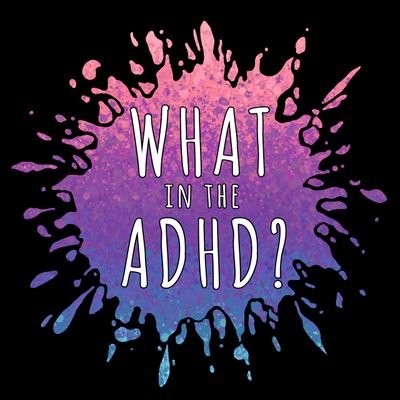 sydni | what in the ADHD?
sydni | what in the ADHD?
@WhatTheADHD -
 ADHD Jesse
ADHD Jesse
@adhdjesse -
 Pina✨ADHD Alien Comics
Pina✨ADHD Alien Comics
@ADHD_Alien -
 Callum Stephen (He/Him)
Callum Stephen (He/Him)
@AutisticCallum_ -
 Rach @AdultingADHD
Rach @AdultingADHD
@AdultingADHD -
 @Mollys_ADHD_mayhem
@Mollys_ADHD_mayhem
@Mollys_ADHD -
 🌟Cheshire Cat ᓚᘏᗢ,
🌟Cheshire Cat ᓚᘏᗢ,
@autismsupsoc -
 Emily♡
Emily♡
@ItsEmilyKaty -
 potatum
potatum
@pot8um -
 Lauren Melissa Ellzey (she/her)
Lauren Melissa Ellzey (she/her)
@autienelle
Something went wrong.
Something went wrong.












